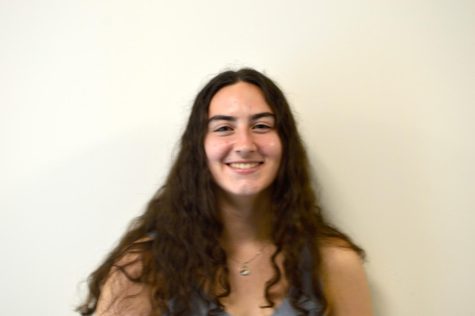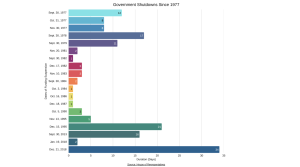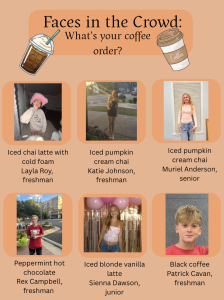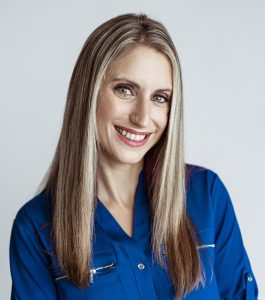Behind “Behind Happy Faces”
New mental health curriculum for freshmen gets mixed reviews
November 20, 2019
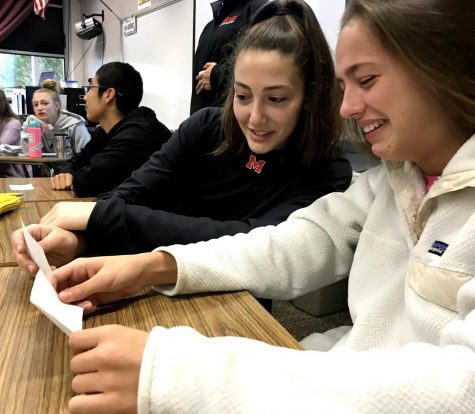
“Virginia mandates mental health curriculum, but this goes above and beyond,” said Vice Principal Mr. David Serensits.
This year, George Mason is experimenting with a new curriculum, called Behind Happy Faces, to help with the mental health of students.
This is the first year that Mason has implemented such an extensive mental health curriculum and it will be very different from previous years’ lessons. Each grade will focus on different aspects of mental health during Wild Horse Wednesdays. Freshman and sophomores will meet often and learn about mental health in relation to high school. Juniors and seniors will only meet once to learn more about mental health in college and life beyond.
“It’s not a therapeutical approach,” Serensits said, who helped bring the Behind Happy Faces program to George Mason. “It’s more of an educational approach.”
Behind Happy Faces will be taught by trained mental health professionals, such as counselors, social workers, and psychologists, instead of regular teachers to make sure that students are getting the most out of their lessons.
“We wanted to make sure it was somebody you felt comfortable with,” Serensits said.
Students will not be required to talk about their own experiences, but will instead be encouraged to listen to other’s stories and discuss hypothetical situations, Serensits said.
Parent involvement is encouraged. “[Mason is] going to send an email [to parents] after every lesson that includes talking points,” Serensits said. Parents will also be informed about what their students discussed during their lessons for each session of Behind Happy Faces.
“Talking to your parents about this type of stuff is not exactly the easiest,” Serensits said. The talking points sent out by the school will include stories from other people that students and their parents can more comfortably discuss.
This curriculum is a new and more thorough way of informing students and their parents about mental health. “It’s super exciting that [Mason is] piloting this,” Serensits said.
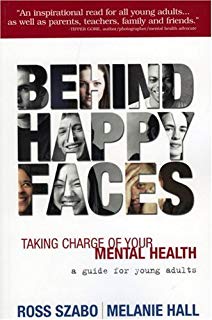
In practice, the first lessons of the curriculum have had mixed reviews from the freshmen.
The first freshman lesson for Behind Happy Faces, on October 23, focused on general views and connotations with mental health. This introductory lesson was very impersonal and most students found it easy to share their thoughts.
The second session, however, was much more personal. Students were asked to write down something they were struggling with on a notecard before they were shuffled and passed back to students.
“I didn’t really like it because people took it at different degrees of seriousness and it was awkward,” freshman Naomi Holliday said. Several students laughed when they heard some of the things written on their cards, but rooms grew quieter when more serious matters were brought up.
Freshman Elysha York thought that the discussion was very open-ended, and that there was a lot of talking about serious problems but not enough talking about dealing with these problems. This left her and many other freshmen feeling sad after their most recent Behind Happy Faces lesson.
Some students had more positive experiences, but many say that it all depends on each stable group.
“It was a good opportunity because we got to open up in a private way and not feel alone,” freshman Grace Crum said.
Although Crum felt comfortable in these sessions, many of the other students the Lasso spoke to disagreed.
“It’s a good concept but it also doesn’t allow for people to share with one another,” Jack Toole said. “You find yourself in a group with people you don’t trust and aren’t confident around.”
Multiple students have expressed that it can be very difficult to open up about such a serious topic during these sessions when they are surrounded by students and teachers they don’t know.
“It’s hard for people to share their personal experiences with mental health,” freshman Hope Kleinberg said.
Many students are afraid that someone will judge them or laugh at something they share. Kleinberg said that she would rather discuss mental health with a smaller group, such as a counselor or a trusted friend.
Freshmen Misha Kasher and Annalise Levitt agreed with Kleinberg and said that the size of the group makes them feel like they can’t trust everyone in their rooms. Kasher thinks that this program should be offered to those who need it but that not everyone should have to participate.
Jasmine Rodriguez-Black laughed when asked why she felt she couldn’t trust her peers. “The Vegas rule basically doesn’t apply,” Rodriguez-Black said. “I have already heard lots of students talk about exactly what happened in their Stable Groups, including who said what.”
For more information on Behind Happy Faces, check out Mason’s mental health page.



